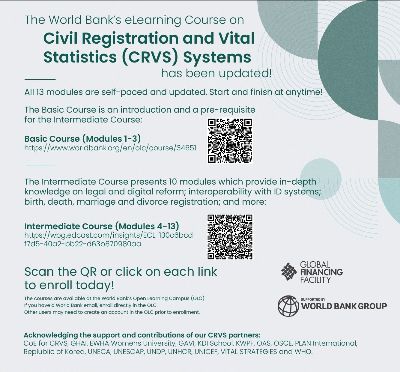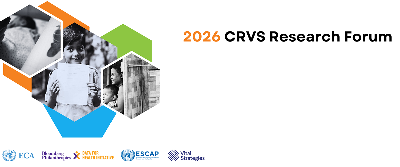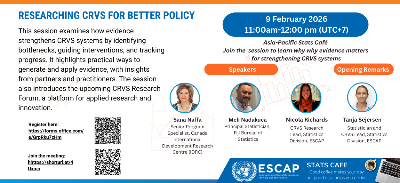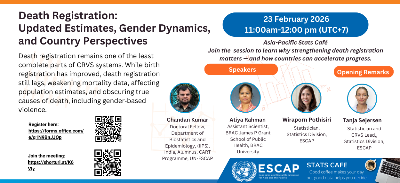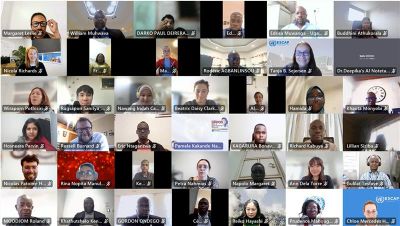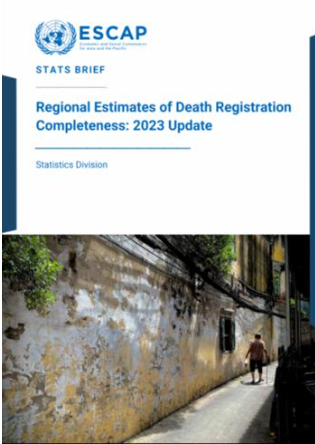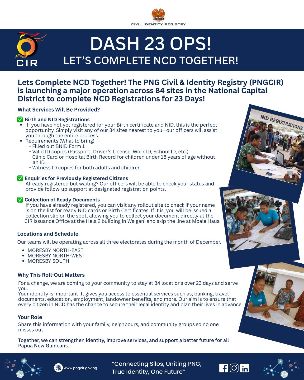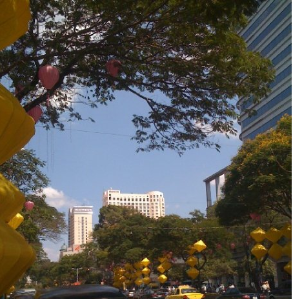(Newsletter: CRVS Insight November 2020)
Women and children are often vulnerable to being left behind, particularly when they are undocumented, or their legal identity is unclear. A regional project was therefore initiated to examine these issues and contribute to enhancing the capacity of the ACWC and ASEAN Member States to promote and protect the rights of women and children to legal identity, civil registration, birth registration, access to identity documentation and nationality. This year, the project’s research has been concluded through consultative processes in which every ASEAN Member State took part. A synthesis of national legal frameworks and their respective administrative implementation, challenges, good practices and recommendations in these areas can be found in the research report.
The report will be launched during the upcoming ACWC Meetings on 17 November 2020 from 13:00 – 14:30 (Bangkok time). There will also be discussion about regional collaboration to improve the protection of women and children to achieve a more inclusive ASEAN Community where no one is left behind.
For more information please contact Bongkot Napaumporn at napaumpo@unhcr.org.




